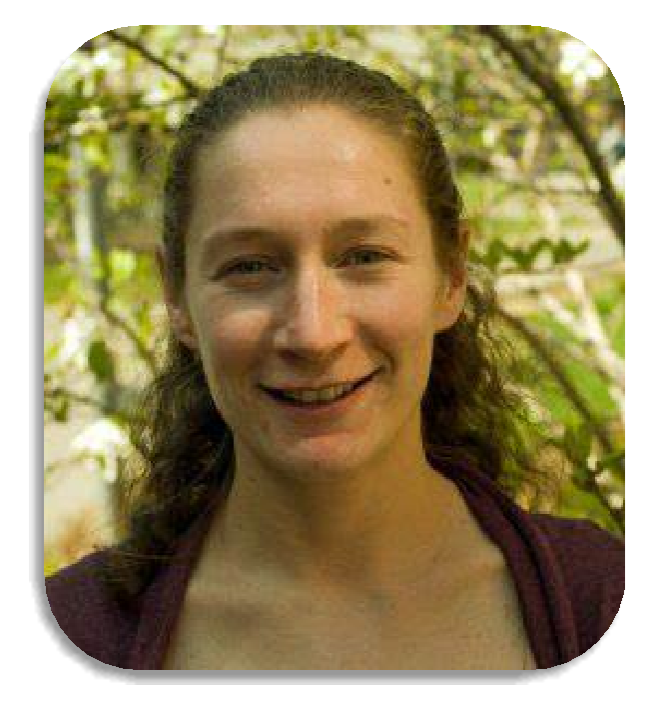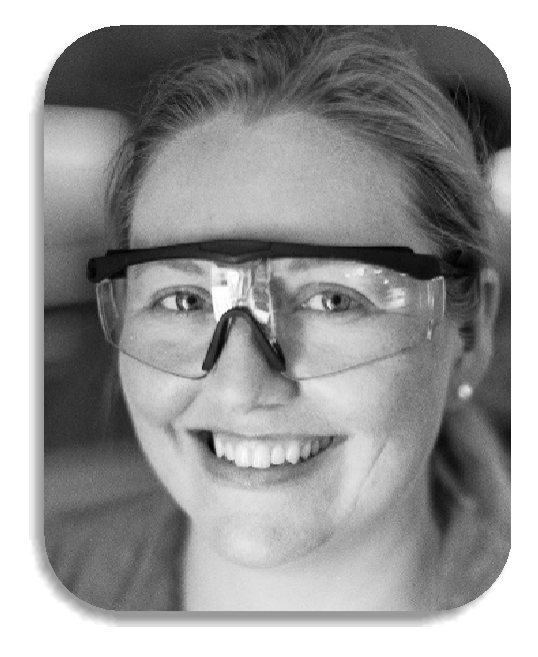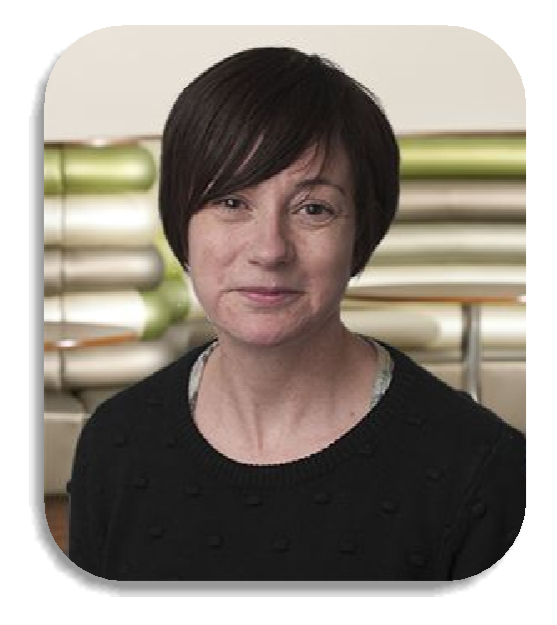Hosted Virtually by PKU – Sept - December 2022
The Global Air Quality Conversation (GAQC) Seminar Series, a part of the Higher Education Discipline Innovation Project (“111”) founded by Ministry of Education in China, gathers distinguished research scientists throughout the world to share their knowledge in air quality study. Invited speakers will present remotely on their recent published work for an hour including taking questions, followed by a half hour of online discussion with a smaller group at PKU. The scope of GAQC is to promote academic exchanges and international collaborations, offering an opportunity for students and young scientists to know the field from a broader view.
The seminar is scheduled fortnightly on Friday night or Saturday morning depending on the convenience of the speakers.
Speakers:
 Eloise Marais
Eloise Marais
(e.marais@ucl.ac.uk)
Associate Professor in Physical Geography
Department of Geography
University College London
Eloise A. Marais leads a research group that uses complex models (specifically, GEOS-Chem), process-based information from laboratory experiments, and observations from ground-based and space-based sensors to address long-standing uncertainties about the chemical composition of the atmosphere and determine the influence of humans on the environment, air quality, and climate. Some of her past work has focused on regional air quality including constructing emission inventories for Africa, the impact of emission controls in China, and examining the intersection of population growth, industrialization, pollution, and health impacts with a particular focus on the tropics in the present and future. Other work has focused on NOx and other pollutants in the upper troposphere, including most recently, the impact of the present and future space industry.
 Audrey Gaskins
Audrey Gaskins
(audrey.jane.gaskins@emory.edu)
Assistant Professor, Faculty Epidemiology
Emory University
Audrey Gaskins’ research focuses on understanding the relation of environmental, dietary, and lifestyle factors with fertility and fecundity in men and women. Although the outcomes I study are vast, ranging from pubertal development to reproductive senescence, the majority of my work is focused on fertility. An additional motivation underlying my research is better understanding the biological mechanisms through which diet and environmental exposures affect fertility, as this strengthens the plausibility of associations and helps establish causality. Therefore, much of my work has focused on couples undergoing assisted reproductive technologies (ART) in whom routine biospecimens are collected and many key reproductive processes are externalized, enabling the study of intermediate outcomes to examine potential biological mediators.
 Junfeng Zhang
Junfeng Zhang
(junfeng.zhang@duke.edu)
Professor of Global and Environmental Health
Chair, Environmental Science & Policy Division
Duke University
Prof. Zhang’s research interests include developing novel biomarkers of human exposure and health effects, assessing health and climate co-benefits of air pollution interventions, and examining biological mechanisms by which environmental exposures exert adverse health effects. Prof. Zhang has led a number of international collaborations to study air pollution health effects and underlying pathophysiologic mechanisms. He is currently leading two multidisciplinary, multi-institutional centers studying the health impact of engineered nanomaterials. Prof. Zhang has more than 140 peer-reviewed publications. His work has been featured in major international media such as the Time, the New York Times, BBC, ABC, CBS, Yahoo News, etc. His early work on characterizing sources of non-methane greenhouse gases made him one of the officially recognized contributor to the 2007 Nobel Peace Prize awarded to IPCC. He is the 2012 recipient of the Jeremy Wesolowski Award, the highest award of the International Society of Exposure Science. He also received a Distinguished Alumni Award from the Rutgers Graduate School.
 Róisín Commane
Róisín Commane
(r.commane@columbia.edu)
Assistant Professor of Earth and Environmental Sciences, Earth & Environmental Sciences
Columbia University
Róisín Commane focuses on the surface - atmospheric exchange that affects atmospheric composition. Recently she has been measuring CO2, CH4, N2CO in the remote atmosphere on the NASA DC-8 aircraft as part of the ATom project. She also work on understanding carbon dioxide and methane in the Arctic as part of the NASA CARVE and ABoVE projects. They recent CARVE journal articles include Commane et al., PNAS, 2017. Prior to that, she developed a laser spectrometer instrument to measure fluxes of carbonyl sulfide (OCS) and deployed this instrument at Harvard Forest, MA. She worked to understand the processes controlling the OCS flux through collaboration with colleagues in the ecological sciences. Related OCS publications include Commane et al, PNAS, 2015.
 Lisa Whalley
Lisa Whalley
(L.K.Whalley@leeds.ac.uk)
Senior Research Fellow, School of Chemistry
University of Leeds
Lisa Whalley’s research interest lies in understanding the chemistry responsible for the processing of trace gases in the atmosphere through field observation and comparison of these observations with detailed chemistry models based on the Master Chemical Mechanism (MCM). Using laser induced fluorescence (LIF) her group have made measurements of OH on over 20 field projects in a variety of environments including Polar, Urban, Rural and Tropical regions with the aim of identifying the important chemical processing occurring in these key global areas. Alongside OH measurements, her group have developed methodologies to use LIF for detection of other radical species, such as iodine monoxide, IO, and organic peroxy radicals, RO2.
 Ronald C. Cohen
Ronald C. Cohen
(rccohen@berkeley.edu)
Professor of Chemistry and of Earth and Planetary Sciences, College of Chemistry
University of California, Berkeley
Professor Cohen's research focuses on developing and applying new experimental and modelling strategies for understanding the chemical composition of the Earth's atmosphere now and in the past and for predicting future changes. Current research focuses on the role of nitrogen oxides and on the isotopes of water. Laboratory, ground-based, airborne and space-based measurements are combined with modelling to understand the atmospheric residence time of nitrogen oxides, their impact on oxidants on regional and global scales, their interactions with the biosphere and their consequences for aerosol properties. Laboratory and field studies of water isotopes are used to understand cloud properties and to diagnose the regional and global behaviour of the hydrologic cycle. Development of instrumentation that permits detection of previously unobserved chemicals or those chemicals whose distribution is poorly quantified continues to be at the core of this research program.
Schedule:
Fall 2022
|
Speaker
|
Date and Time
|
Title
|
|
Eloise Marais
|
09-23 19:00
|
Deleterious effects of space sector air pollutant emissions on climate and stratospheric ozone
|
|
Audrey Gaskins
|
10-14 19:00
|
TBC
|
|
Junfeng Zhang
|
10-28 19:00
|
TBC
|
|
Róisín Commane
|
11-11 19:00
|
TBC
|
|
Lisa Whalley
|
11-25 19:00
|
TBC
|
|
Ronald C. Cohen
|
12-09 19:00
|
TBC
|
